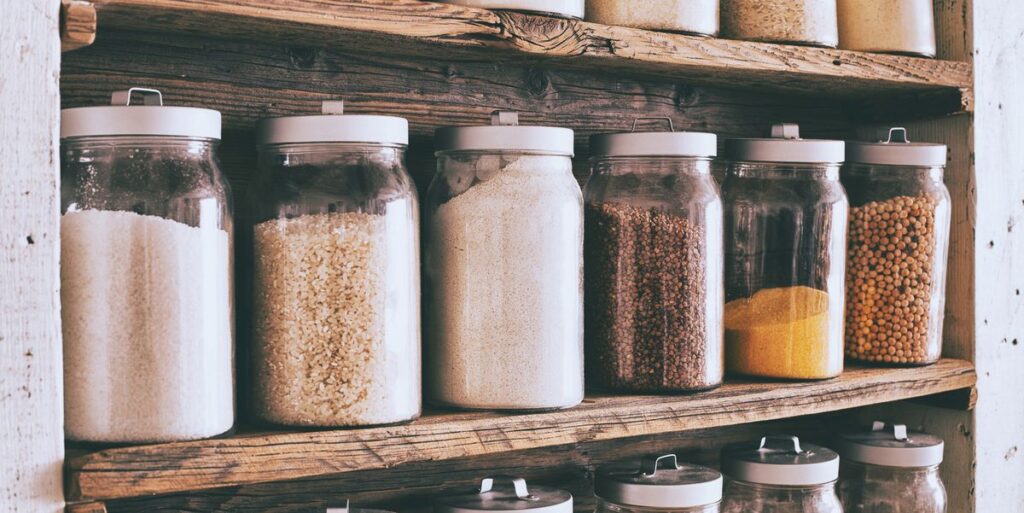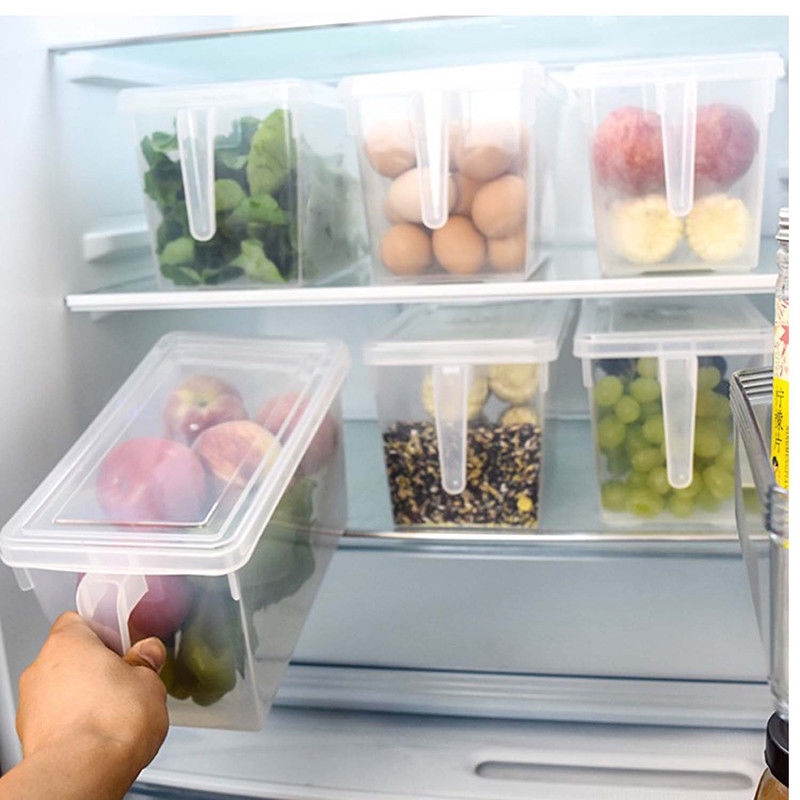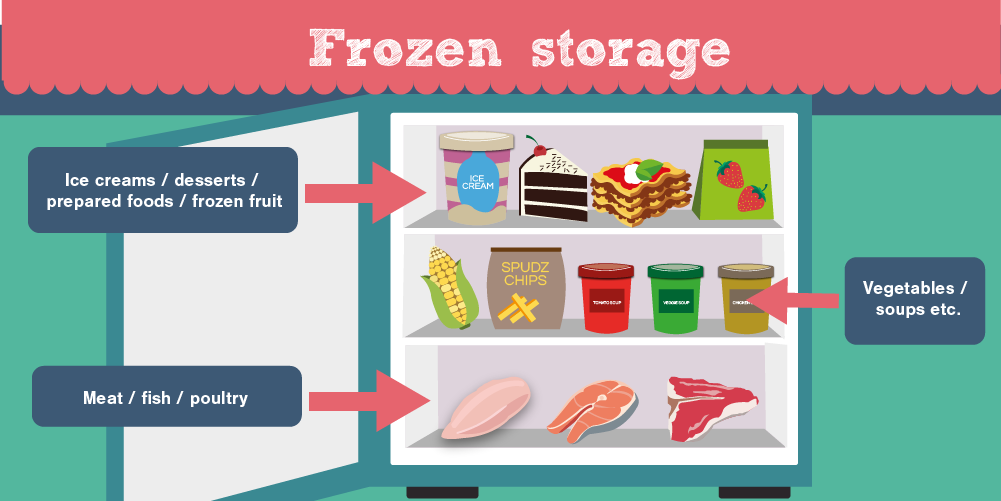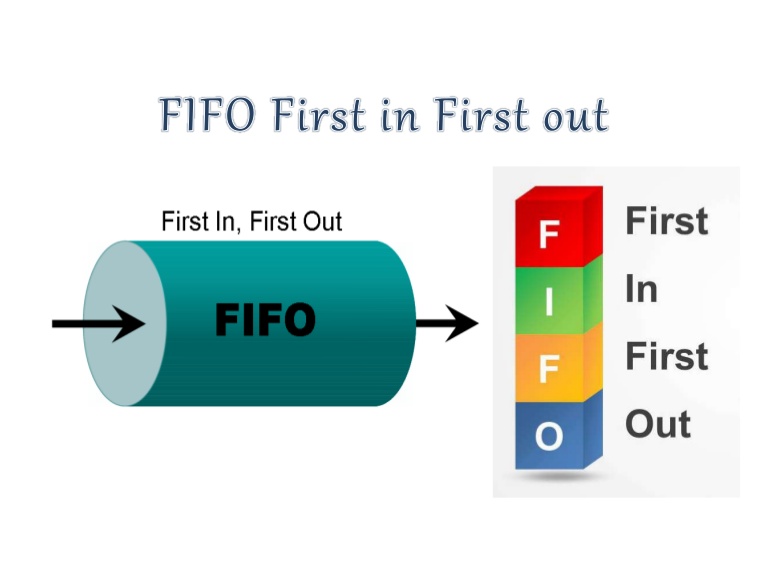As all we know food need to be stored ideally to prevent spoilage, contamination, deterioration and damage. In order to prevent such incidents, we should know the kind of foods we use and their storage conditions. Let us have a look at these foods.

Storage of dry foods:

- Use suitable food-grade jars/containers only to store dry food ingredients.
- Airtight sealing helps prevent moisture to enter inside the container thereby avoiding worm infestation.
- Labeling of the ingredient jars is an easy way to identify them when cooking.
- Purchase small portions of foods and increase the frequency so as to avoid worm infestation.
- Dry foods cannot be stored in the refrigerator due to the presence of moisture inside the refrigerator. Always keep these foods in a dry and cool place.
Storage of food in a refrigerator:

- Set the refrigerator temperature at 1-4 degree celsius.
- Storing foods in a refrigerator helps to prevent microbial growth.
- Always keep cooked food covered and keep them on above the raw food keeping racks.
- Keep meat or fish at the bottom of the fridge in a sealed container or zipper so that it does not drip onto other foods.
- Do not put hot food into a refrigerator as this will raise the internal temperature of the fridge and place other foods at risk from poor temperature control.
- Overstocking of foods may affect the airflow.
Storage of food in a freezer:

- Keep the freezer temperature at -18 degree celsius or below.
- Defrost the freezer when ice builds up.
- Proper packaging of foods helps maintain the quality of food.
- Foods that are stored in a freezer should be used quickly as these foods do not last long.
- Follow the ideal thawing process mentioned on the food labels.
Tips to use food ingredients better:

- Always sieve the flour before using it to ensure the presence of any foreign particles.
- Always look for “best before” dates on all packaged products before using them.
- Keep the food ingredients within expiry dates as this may cause health hazards when consumed.
- Also, such food may loose its flavour, texture and aroma.
- Follow FIFO (First-in First-out) in your kitchen- use the foods as per the stock purchased. This helps ensure food is consumed before its spoilage.

Very nice article on food storage.
Very useful information. Nicely presented
Good Knowledge Excellent Msg
Thank you ma’am very useful information..